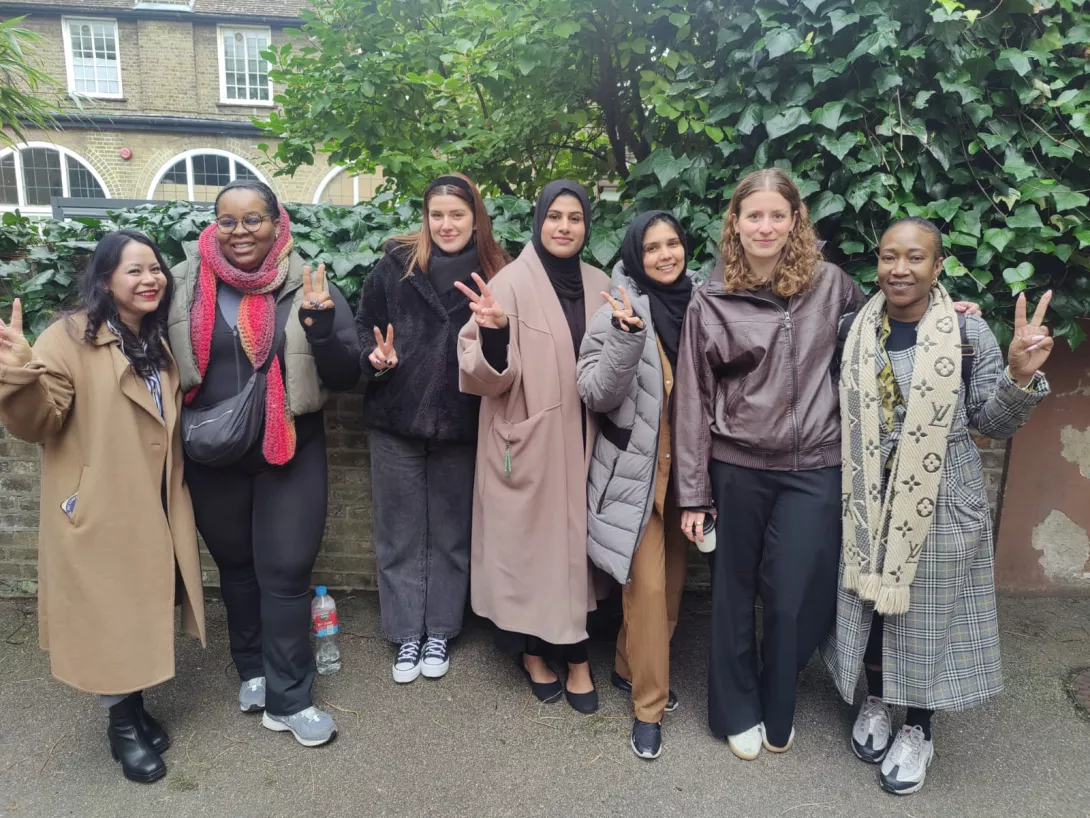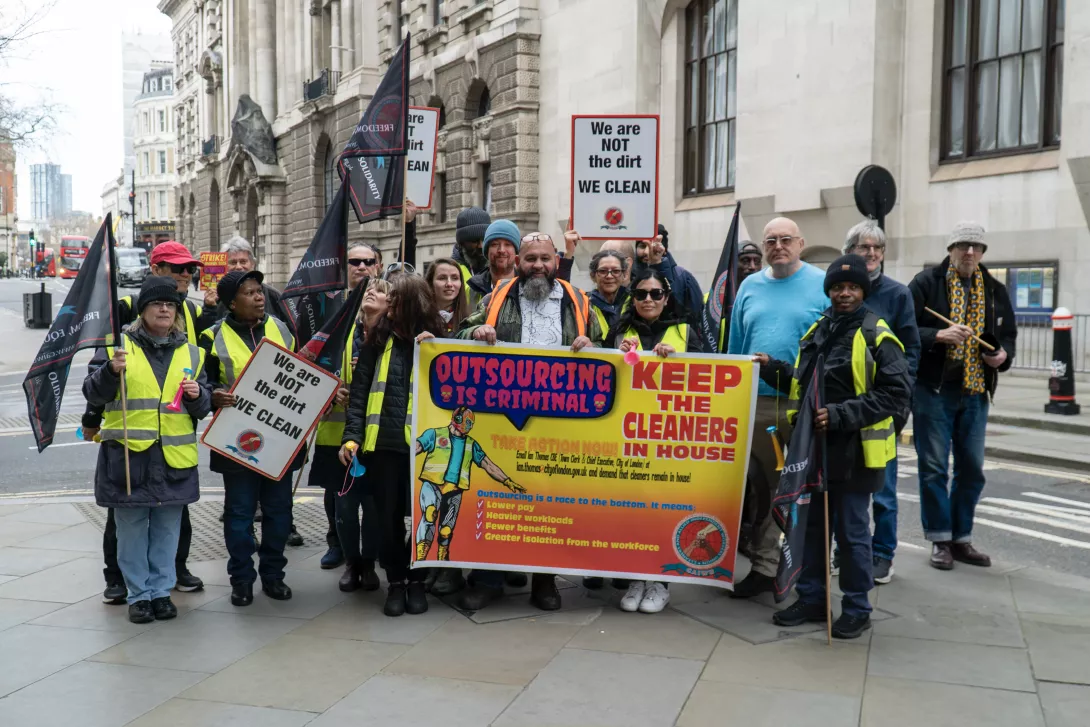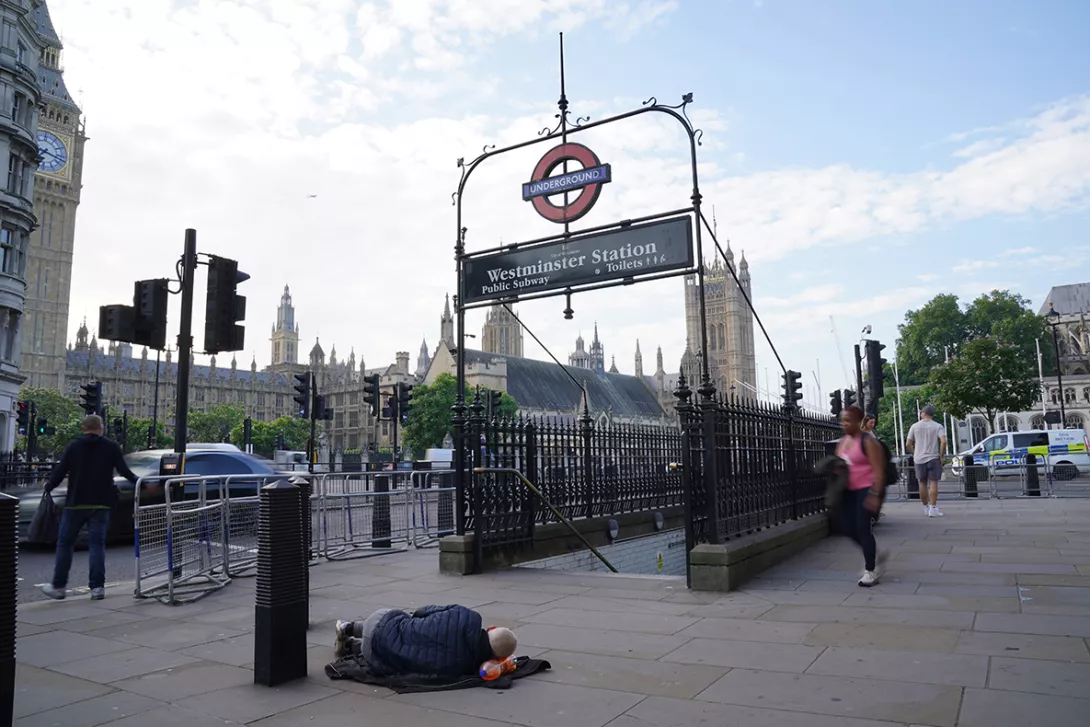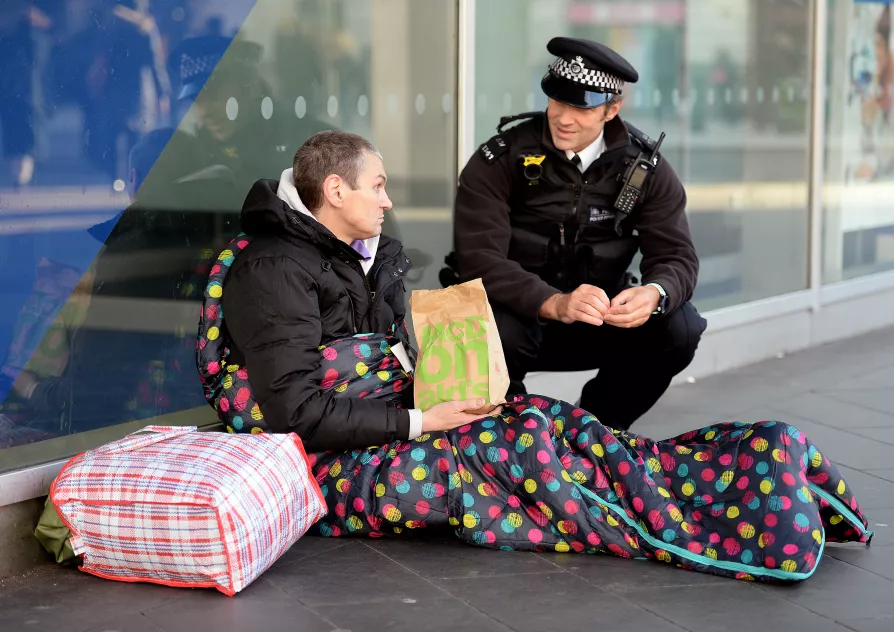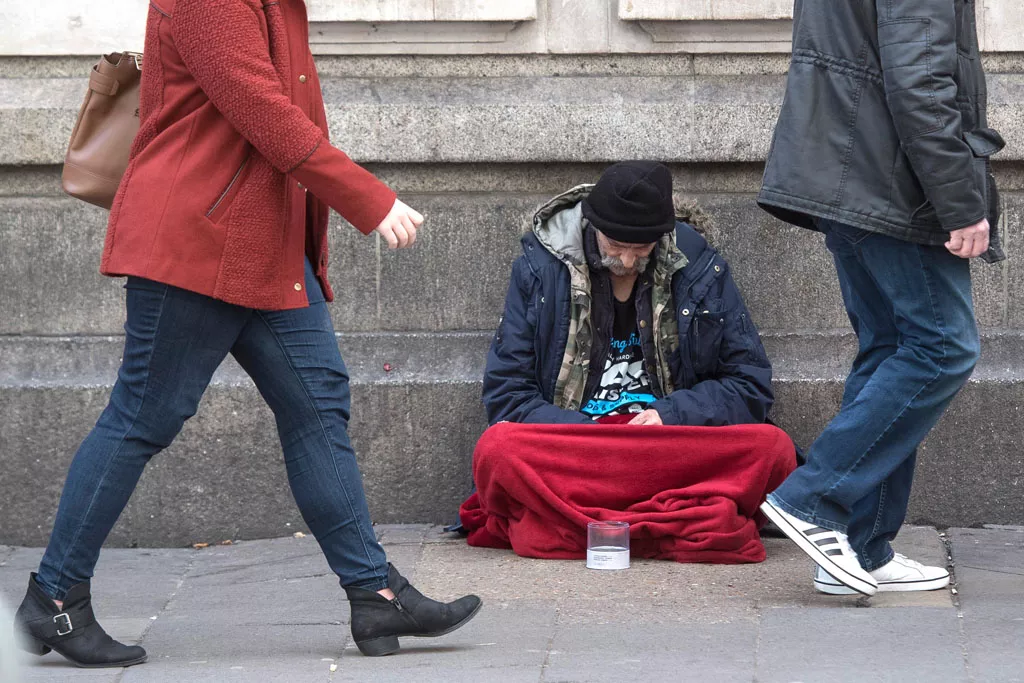Charities voice concern over plans to criminalise rough sleeping
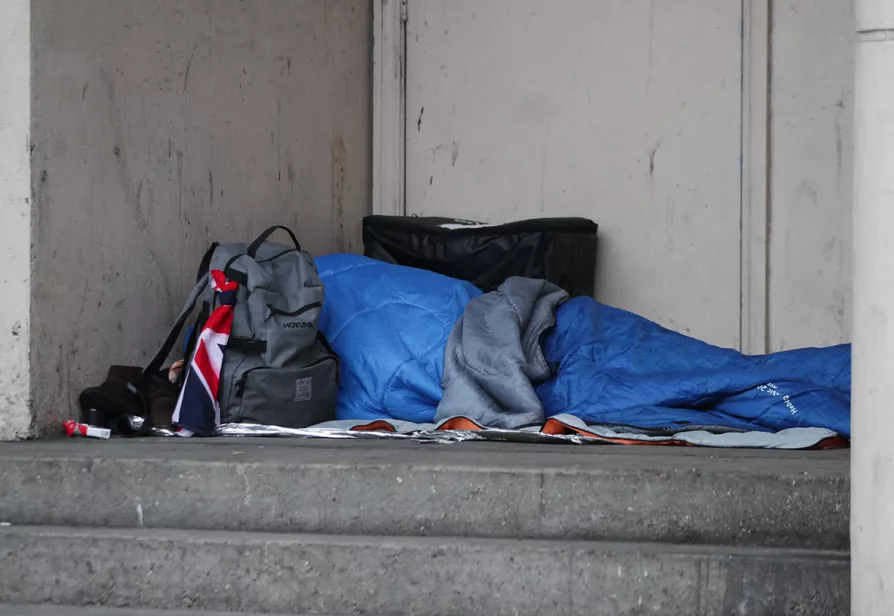
VULNERABLE women will be punished for seeking shelter under new plans to clamp down on rough sleepers, charities charged today.
A total of 37 groups including Crisis, Shelter and Amnesty UK have written to Home Secretary James Cleverly over his new Criminal Justice Bill.
The letter cautions that the Bill, which aims to replace the 200-year-old Vagrancy Act, could push vulnerable people who need support into more dangerous environments.
More from this author
Similar stories
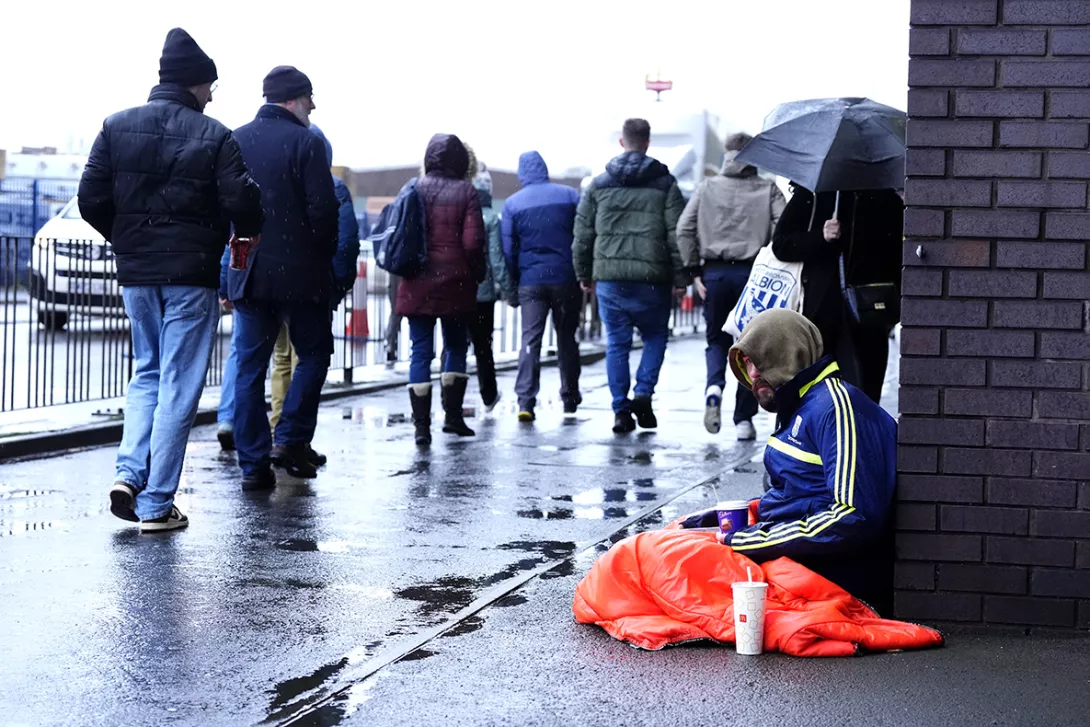
Rough sleeping in England rises in a year with record numbers of children crammed into B&Bs


 Latest editorial
Latest editorial








